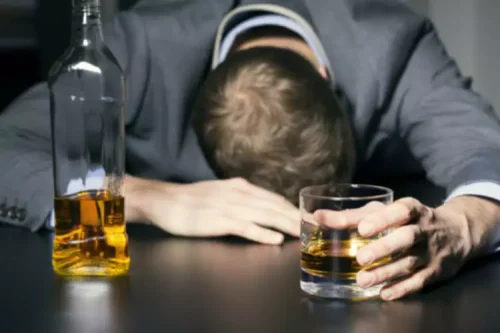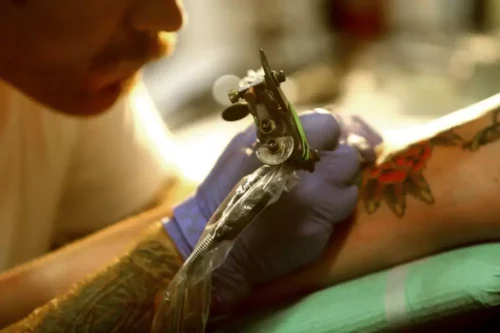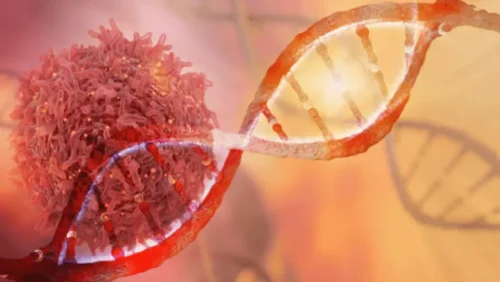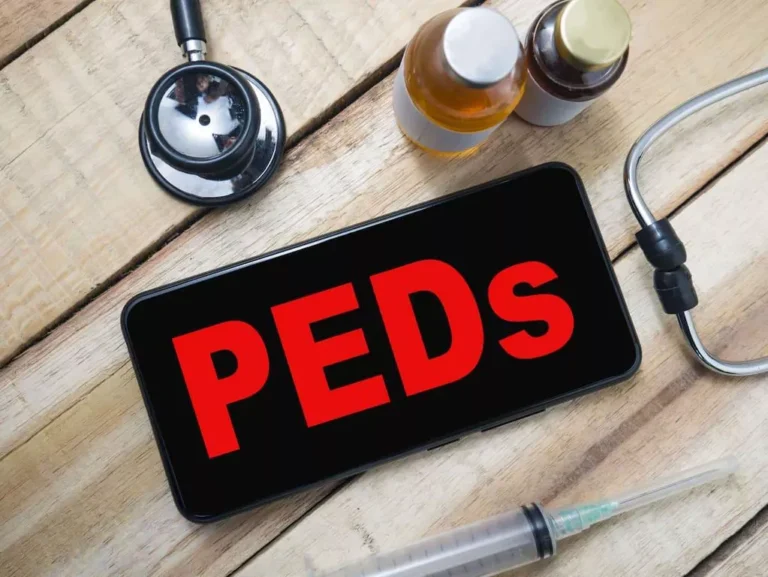27 Juin Why Do People Get Sugar Cravings After Quitting Drinking?

Last year, we expanded our services to include robust mental health treatment, a new outpatient location, and specialized programming for our nation’s veterans, with more to come this year! We are visually recognizing our growth with a unified look that better reflects who we are today and the passion we have for helping everyone with their addiction and mental health recovery journeys. Many alcoholic beverages have excessive amounts of sugar, especially when consuming mixed alcoholic drinks with various sodas, juices, liqueurs or other mixers that are loaded with sugar. While it is a myth that alcohol metabolizes into sugar, alcohol does significantly affect blood sugar levels, causing a yo-yo effect. Initially alcohol raises blood sugar levels, but after the body processes the alcohol blood sugar levels drop dramatically. Alcohol increases insulin secretion and prevents the liver from releasing glucose, causing heavy drinkers to be susceptible to hypoglycemia.
- These methods can help individuals cope with stress and manage cravings.
- In addition to the biological influences, psychological factors also contribute to the cravings for sugar among recovering alcoholics.
- It is important to remember that each person’s journey is unique, and finding the right approach may require exploration and personalized strategies.
The Impact Unveiled: Dangers of Drug Use During Pregnancy
Therapy can also play a vital role in addressing underlying emotional issues that may contribute to sugar cravings. In the journey of recovery, seeking professional guidance and support is invaluable. Consulting with a registered dietitian or nutritionist who specializes in addiction recovery can provide personalized recommendations and guidance on managing sugar cravings. They can help create a meal plan that suits individual needs and preferences, ensuring a balanced intake of nutrients while addressing sugar cravings. Choosing healthier alternatives to satisfy sugar cravings is an effective strategy for individuals in recovery.

Empowering Change: National Eating Disorders Awareness Week Revealed
Let’s delve into the key aspects of alcoholism and its connection to sugar cravings. Support groups, such as Alcoholics Anonymous (AA) or other recovery programs, offer a community of individuals going through similar experiences. Sharing experiences and struggles with others who understand can provide encouragement and helpful insights into managing sugar cravings in recovery. In these groups, individuals can learn from the experiences of others and gain valuable strategies for maintaining sobriety while managing sugar intake. Staying properly hydrated is also crucial in managing sugar cravings.
Impact of Alcohol on Blood Glucose
- Sugar and other replacement rewards are not enough to break the destructive cycle of a substance use disorder.
- This section will explore the role of a neurotransmitter called dopamine in sugar and alcohol addiction and discuss the concept of ‘sweet liking’ in alcohol use disorder.
- Alcoholism and sugar cravings are closely intertwined, and there are several nutritional factors that contribute to this complex relationship.
- Whatever your situation, being kind to yourself and open with your healthcare provider can only help.
- Genetic factors also contribute to the sweet preference observed in individuals with alcohol use disorders.
- Exercise can help stabilize blood sugars, reduce stress and anxiety, and increase muscle mass and metabolism.
Through immersive, deeply personalized recovery programs, we help clients heal from addiction, trauma, and abuse. Nuts and seeds offer a satisfying crunch and are rich in healthy fats, protein, and fiber. Remember, seeking support is not a sign of weakness but rather a courageous step towards a healthier and happier life. Therapy, medication, and recovery programs can all have benefit for reducing and preventing cravings. Combining medication with therapy and other interventions can prove even more helpful than medication alone. Understanding the three distinct components of your habit loop can help you come up with more specific strategies to overcome cravings when they pop up.
THC as a Treatment for Depression
- Many heavy drinkers are hypoglycemic, or have low blood sugar, which can cause them to crave sweets.
- Others will need medical intervention to overcome the chemical reactions fueling the craving.
- Support groups, such as Alcoholics Anonymous (AA) or other recovery programs, offer a community of individuals going through similar experiences.
- Long-term, alcohol abuse disrupts your body’s ability to regulate your blood sugar.
But usually, these new cravings should only last for a few weeks to a few months, she explains. Some research indicates that methamphetamine use can reduce blood glucose levels³, driving people toward sugary foods or drinks. In addition, the appetite suppressing properties of stimulants make eating nutritious foods less likely. Some people in recovery use high sugar foods as a survival strategy to get sufficient calories when other foods are unpalatable.
- Studies show that intermittent, excessive sugar intake can lead to behaviors similar to drug addiction, including bingeing, withdrawal, craving, and cross-sensitization.
- Research suggests that individuals who are obese may experience more severe depression and feelings of hopelessness, which can be risk factors for alcohol relapse.
- Mixed drinks often contain large amounts of additional sugar, but the alcohol itself does not contribute to your sugar intake.
- For those struggling with weight-related issues, a combination of regular physical activity and a balanced diet can promote weight management and improve overall fitness.
- If you’re tired, you are more likely to reach for a sugary treat or a pick-me-up in the afternoon.
What is Mental Illness?
The preference for sugary foods extends beyond effects specific to drug use. Sugar affects the brain like addictive drugs⁴, which makes sugar particularly tempting for people with a substance use disorder. There are several reasons people in addiction recovery may develop a preference for sweet foods. Different substances can create various inclinations for sugar, and there is an underlying connection between addictive behaviors and sugar intake.
Targeting sweet-cope may help reduce sugar consumption in early recovery and improve corresponding health concerns common in this population [5]. In early recovery, sweet-likers who use sugar to cope may experience an increased risk of alcohol craving either directly or through sugar consumption and/or craving. Therefore, targeting sweet-cope why do alcoholics crave sugar may help reduce sugar consumption in early recovery and improve corresponding health concerns common in this population [5]. As such, individuals in recovery should prioritize their nutrition. Eating a diet high in nutrients can help improve mood, while foods with low nutritional value and high sugar content may hinder mood stabilization.
Hypoglycemia Risks

Unveil the alarming truth about brain damage from drugs & alcohol. Stay informed and safe when combining alcohol and over-the-counter drugs. Discover the power of outpatient addiction treatment – flexible care, therapy, and support for lasting recovery. Explore the impact of genetics, environment, and more on substance abuse. Overcoming predispositions to substance use disorders with strategic approaches. Explore the influences, genetics, and social support for a healthier future.


She just completed her most recent project which is a unique video cooking series for the MGH Academy that teaches nutritional psychiatry using culinary techniques in the kitchen. These activities encourage dopamine production from behaviors that don’t bring about the terrible consequences of returning to active addiction. Research indicates that FMT from alcohol-resistant donors can reshape intestinal micro-ecology and prevent alcohol-induced liver damage and inflammation in alcohol-sensitive individuals [7]. Discover what is sober living, its benefits, rules, and the support you can expect on the path to recovery. Discover if a chemical imbalance causes anxiety and explore the latest research on anxiety treatments. Unravel the proper detox definition, debunk myths, and explore natural detoxification for better health.
Strategies for Balancing Sugar Intake in Recovery
Opt for chocolate with at least 70% cocoa to ensure minimal added sugars. Certain antidepressants also show promise for helping reduce drinking when you live with depression. Your care team might recommend this approach if you experience symptoms of anxiety and depression along with cravings.

Sorry, the comment form is closed at this time.